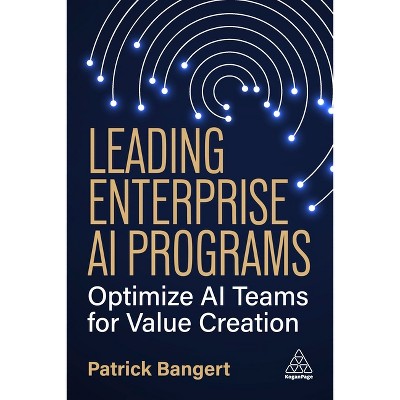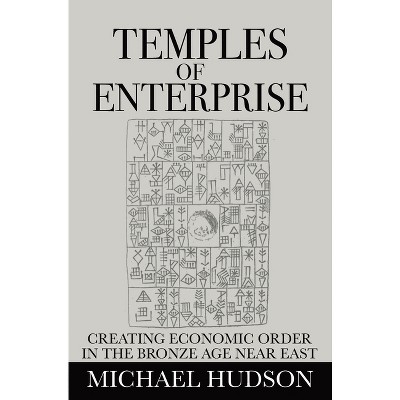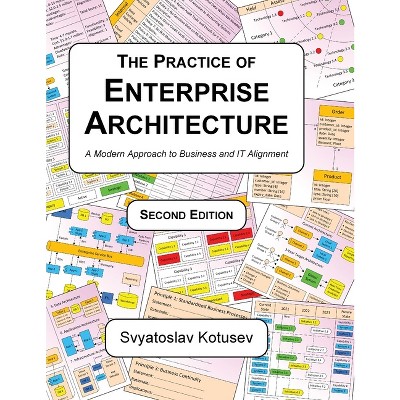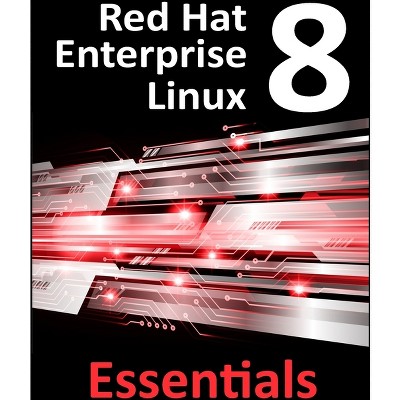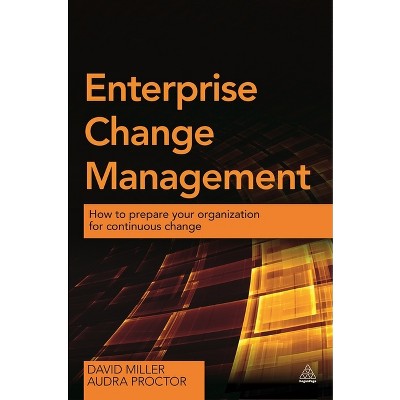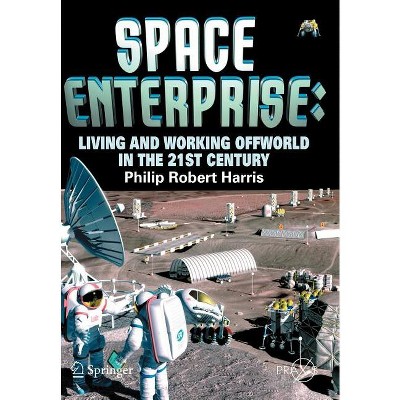Illegal Enterprise - by Mark H Haller (Paperback)

$48.99 when purchased online
Target Online store #3991
About this item
Highlights
- Representing over four decades of work, this monograph by historian Mark H. Haller includes his work on organized crime in Chicago.
- About the Author: For almost fifty years, Mark H. Haller had been a historian of illegal enterprise--more commonly known as organized crime--in urban America.
- 298 Pages
- History, United States
Description
About the Book
Representing over four decades of work, this monograph by historian Mark H. Haller includes his work on organized crime in Chicago. This book incorporates Haller's critique of the Mafia model of organized crime and his elaboration of the illegal enterprise model of gangsters a...Book Synopsis
Representing over four decades of work, this monograph by historian Mark H. Haller includes his work on organized crime in Chicago. This book incorporates Haller's critique of the Mafia model of organized crime and his elaboration of the illegal enterprise model of gangsters and their role in the American subeconomy.Review Quotes
It is organized to showcase three of Haller's unique contributions to the field: rediscovery and highlighting of the circumstances and content of John Landesco's 1929 study of organized crime in Chicago; a description and commentary on the activities of the Angelo Bruno family in Philadelphia; and an analysis...of Illegal Enterprise accompanied by studies of three particular businesses, gambling, loan sharking and bootlegging. They are tied together through Haller's self-perception "as a social scientist, using the tools of a trained historian".... [I]f I were designing an introductory course in Organized Crime, Illegal Enterprisewould be one of the books on my recommended reading list.
This book is well suited for undergraduate classes within criminology or criminal justice programs that focus on policy. The language in the book is written in a manner that citizens outside of criminology will benefit as well. . . .For those in the criminology field, most well-trained criminologists will be familiar with several of the examples of well-documented programs and studies provided in the book, such as problem-oriented policing and drug treatment courts. . . .Mathew Yeager has given us a worthy compendium of Haller's major work and contributions on the subject of how organized crime is actually organized, including some of Haller's publications which are now difficult to find.
This monograph brings together the major works and unpublished papers of Mark Haller, whose scholarship spans more than forty years. . . . His pioneering work on organized crime in the United States influenced the move away from organized crime as a bureaucracy of evil to a modern view that recognizes the phenomenon as an enterprise of interconnected partnerships devoid of an overarching leadership. . . . This book is a valuable addition to the literature on organized crime, providing a one-volume source for the essential work of Mark Haller.
About the Author
For almost fifty years, Mark H. Haller had been a historian of illegal enterprise--more commonly known as organized crime--in urban America. He is the author of an introduction to the now classic work by John Landesco in Organized Crime in Chicago (University of Chicago Press, 1968). Haller passed away in 2012.
Matthew G. Yeager obtained his bachelor's degree in criminology from the University of California at Berkeley in 1972. He was introduced to the work of Mark H. Haller and John Landesco during this time. His master's degree is from the State University of New York at Albany (1975), and his doctorate in sociology is from Carleton University, Ottawa, Canada (2006). He has published over thirty articles and studies in theoretical and applied criminology and is a practicing clinical criminologist in sentencing alternatives. He is currently associate professor in the Department of Sociology at King's University College, part of Western University-Canada. He lives in London, Ontario.Dimensions (Overall): 9.0 Inches (H) x 6.0 Inches (W) x .8 Inches (D)
Weight: .9 Pounds
Suggested Age: 22 Years and Up
Number of Pages: 298
Genre: History
Sub-Genre: United States
Publisher: University Press of America
Theme: 20th Century
Format: Paperback
Author: Mark H Haller
Language: English
Street Date: March 15, 2015
TCIN: 1004175846
UPC: 9780761865056
Item Number (DPCI): 247-28-8387
Origin: Made in the USA or Imported
Shipping details
Estimated ship dimensions: 0.8 inches length x 6 inches width x 9 inches height
Estimated ship weight: 0.9 pounds
We regret that this item cannot be shipped to PO Boxes.
This item cannot be shipped to the following locations: American Samoa (see also separate entry under AS), Guam (see also separate entry under GU), Northern Mariana Islands, Puerto Rico (see also separate entry under PR), United States Minor Outlying Islands, Virgin Islands, U.S., APO/FPO
Return details
This item can be returned to any Target store or Target.com.
This item must be returned within 90 days of the date it was purchased in store, shipped, delivered by a Shipt shopper, or made ready for pickup.
See the return policy for complete information.






